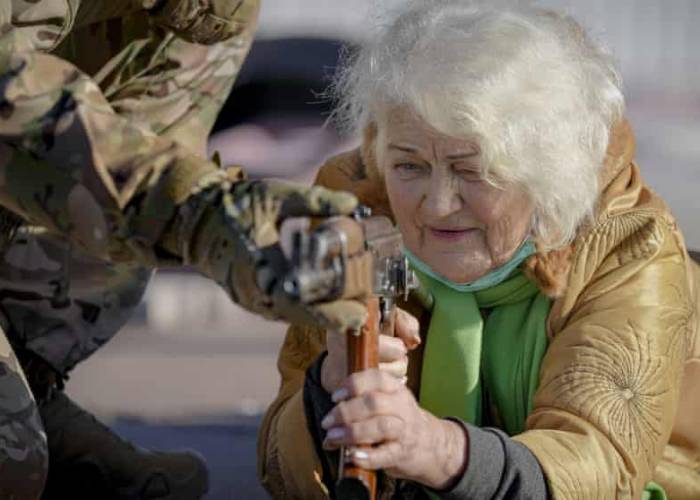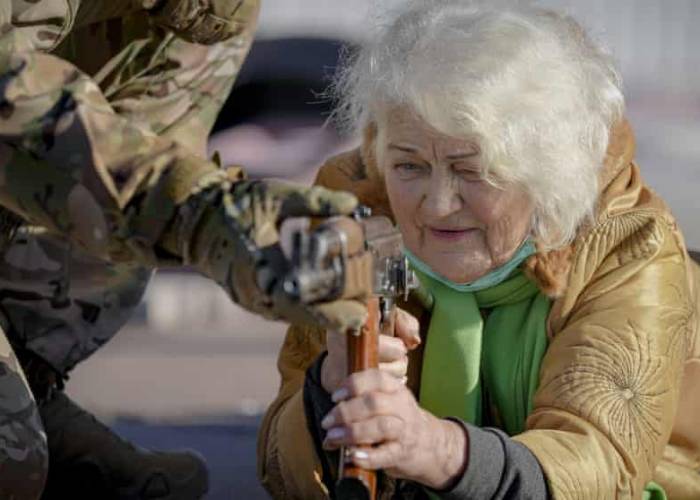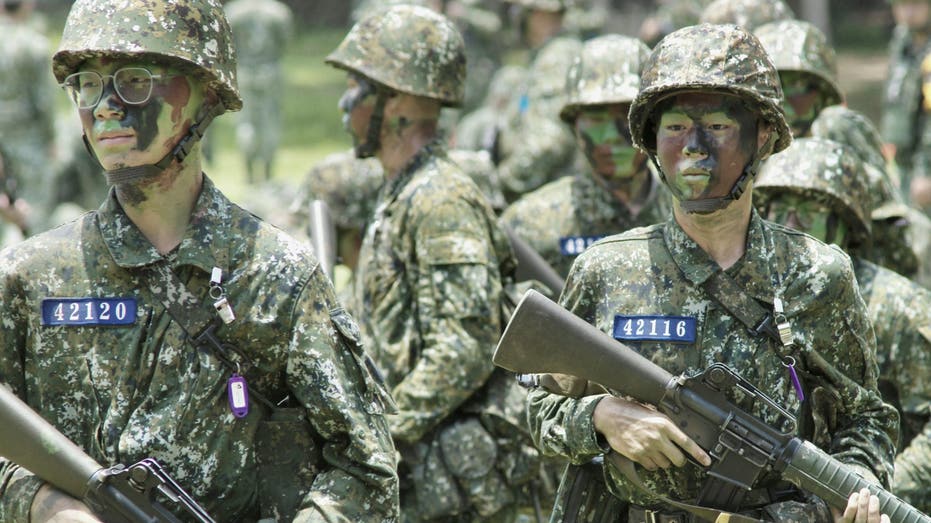
Taiwan Faces Military Recruitment Struggles Amid Rising Tensions with China
The Demographic Dilemma
The roots of this recruitment crisis lie deep within Taiwan’s demographics. The island has recorded one of the lowest birthrates in Asia, second only to South Korea. Despite relatively competitive military salaries, factors such as declining morale and stiff competition from the private sector further complicate recruitment efforts.
Dr. Chang Ching, a senior research fellow at the R.O.C. Society for Strategic Studies and former navy officer, pointed out the long-standing discussions surrounding the idea of integrating foreign migrants into the military. “They’ve been discussing the idea of ‘migrant troops’ for almost 25 years, yet no formal government or military committee has seriously explored it,” Chang told Fox News Digital.
The Question of Citizen Commitment
As the recruitment crisis looms, Dr. Chang expressed skepticism regarding the willingness of the Taiwanese populace to serve in the military. “Most Taiwanese are not prepared to make the sacrifices required for victory in war. Relying on migrant workers as mercenaries would only highlight this issue,” he remarked.
The specter of an expanding China, situated merely 100 miles to the west, exacerbates these concerns. China continues to heighten military threats and incursions into Taiwan’s air and sea defense zones, aimed at pressuring the island into subservience. The urgency for a robust military response cannot be overstated.
Modernizing Military Perception
Public sentiment toward the military is pivotal. American YouTuber **Christopher Clifford**, known as *Uncle Topher*, has garnered a following with his commentary on geopolitical issues. Drawing from his experiences as a former captain in the U.S. Army’s 101st Airborne Division, he challenges the notion of imminent invasion threats, calling for a nuanced understanding of modern military organizational challenges.
Clifford, speaking in Kaohsiung, acknowledged Taiwan’s ongoing military reforms aimed at attracting new recruits. “Efforts like loosening tattoo restrictions and revising height requirements show that Taiwan is attempting to adapt,” he shared, even referencing outdated policies that previously barred enlistment of individuals over 6’6”.
Yet Clifford emphasized that future conflicts may rely less on traditional military engagement and more on cyber warfare and misinformation campaigns. “Taiwan’s situation cannot be simply compared to Ukraine’s; the dynamics are vastly different,” he stated.
U.S. Support and Strategic Ambiguity
The question of U.S. military support in the event of a Chinese invasion remains a hotly debated topic. Dr. Chang highlighted concerns that many Taiwanese—particularly younger generations—assume that American military intervention is guaranteed, a notion that oversimplifies the complexities of U.S. foreign policy.
Moreover, Taiwan’s military recruitment issues are compounded by dissatisfaction with recent pension reforms. In 2018, the government cut pensions for retired military personnel by 15-20% to avert financial crisis. While some citizens supported the cuts as a necessary measure, others viewed them as a broken promise that disheartened veterans, further alienating potential recruits.
The Shift from Mandatory Service
Taiwan’s history of military service saw men required to serve a minimum of two years from the 1950s until the early 2000s. However, as democracy flourished, the government moved towards phasing out conscription. By 2013, mandatory service had been reduced to a mere four months of training.
Yet in a bid to bolster defense capabilities amidst rising threats, then-President **Tsai Ing-wen** reinstated a one-year conscription policy, set to come into effect in January 2024. While the decision was met with mixed feelings, it has not spurred significant public protest. The election of **William Lai** as president further complicates relations with Beijing, furthering the island’s precarious position.
Migrant Workers: A Potential Solution?
Taiwan hosts over **800,000 migrant workers**, primarily from Indonesia, Vietnam, Thailand, and the Philippines. Some officials have begun to explore the possibility of recruiting these individuals into the military to help address the service shortfall.
Clifford presented a structured approach to this potential solution. “A foreign legion focusing on non-combat roles such as mechanics, engineers, and cooks could significantly support Taiwan’s military operations,” he suggested. In times of peace, these personnel could assist with disaster relief and in wartime, aid in establishing defensive positions without direct combat roles.
Concerns Over Military Readiness
As Taiwan navigates these turbulent waters, the United States remains its most significant ally and principal arms supplier. President Lai’s focus on increasing defense spending underscores Taiwan’s priorities as it anticipates the delayed delivery of critical U.S. military hardware.
In conclusion, Taiwan’s military recruitment challenges are multifaceted, influenced by demographic trends, societal attitudes, and geopolitical realities. Addressing these issues will be imperative for Taiwan as it seeks to maintain sovereignty in the face of growing threats from China. Efforts to reform military policies and consider unconventional solutions, such as recruiting migrant workers, may prove essential for safeguarding the island’s defense capabilities in this critical period.

















